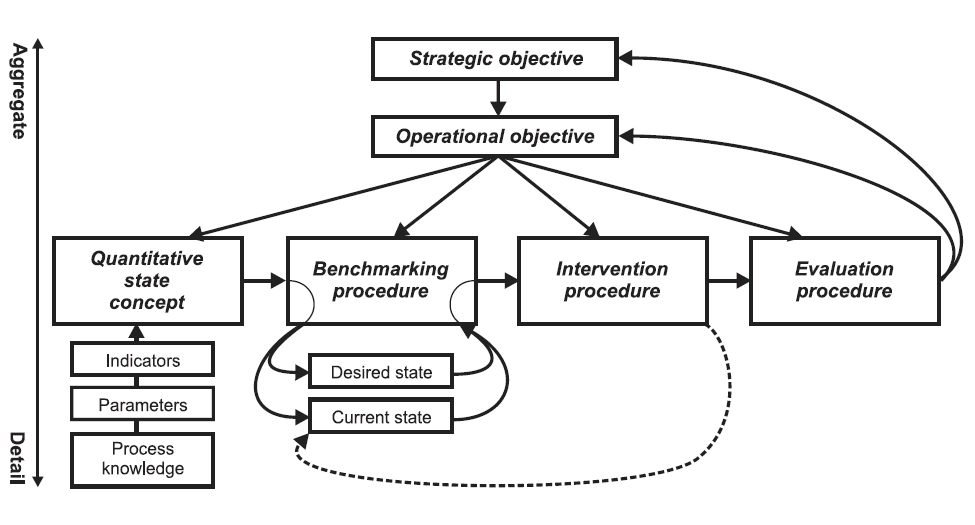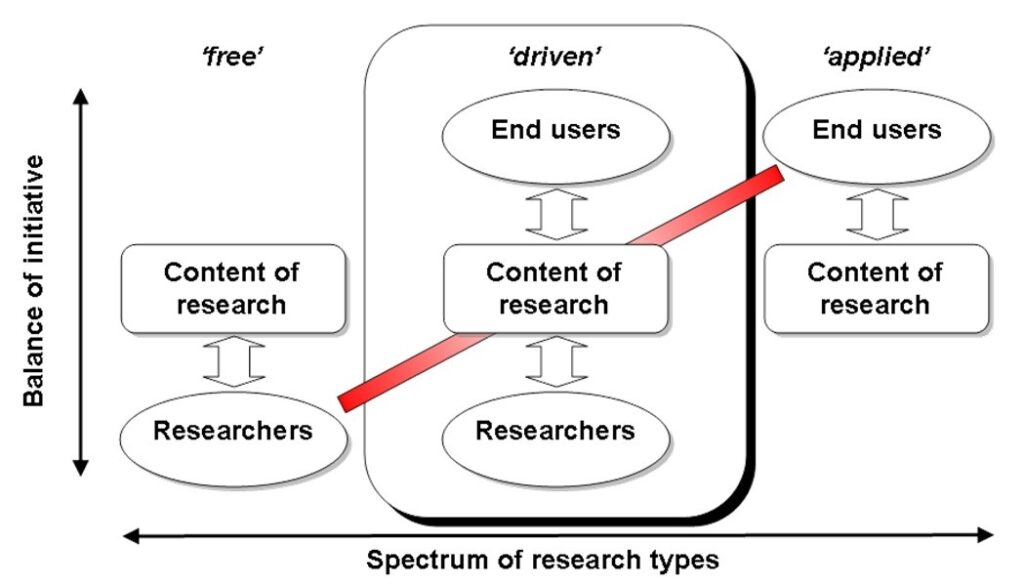About
Even though an incredible amount of literature can be found on coastal management, coastal research, communication, knowledge transfer and transferring findings from science to practice, a simple fact remains: end users (e.g. coastal managers) and specialists (e.g. coastal scientist) still feel that there are problems in their communication. Researchers, on the one hand, are often of the opinion that their knowledge is not effectively implemented in practice. End users of specialist knowledge, on the other hand, often claim that research findings can not, or not easily, be put to practical use. The problem is not a lack of literature, but rather we face the challenge of getting two groups to communicate better.
Basic Frame of Reference template

Van Koningsveld & Mulder (2004) suggested that end-user-specialist communication could be guided effectively by making the essential components of decision making explicit and use that framework to guide the knowledge development process. To focus this potentially endless effort, they set out to develop an easy-to-use template (defined as the ‘basic’ Frame of Reference) that could be used to guide the end-user-specialist interaction. Analysis of practical cases indicated that successful end-user-specialist interaction is associated with a ‘basic’ Frame of Reference comprising explicit definitions of:
- a strategic management objective;
- an operational management objective; and
- a decision recipe containing a foursome of elements:
Building with Nature interest

Besides the fact that the Frame of Reference tool is useful for any Building with Nature project, it is also useful for the Building with Nature innovation programme as a whole. The Building with Nature innovation programme is a proto-typical example of a ‘driven’ research project, just like programmes such as CoastView, Conscience and Micore. This means that the pre-mentioned potential for miscommunication between actors, with different states of knowledge, working on different parts of the same overall problem, is present throughout the programme.
